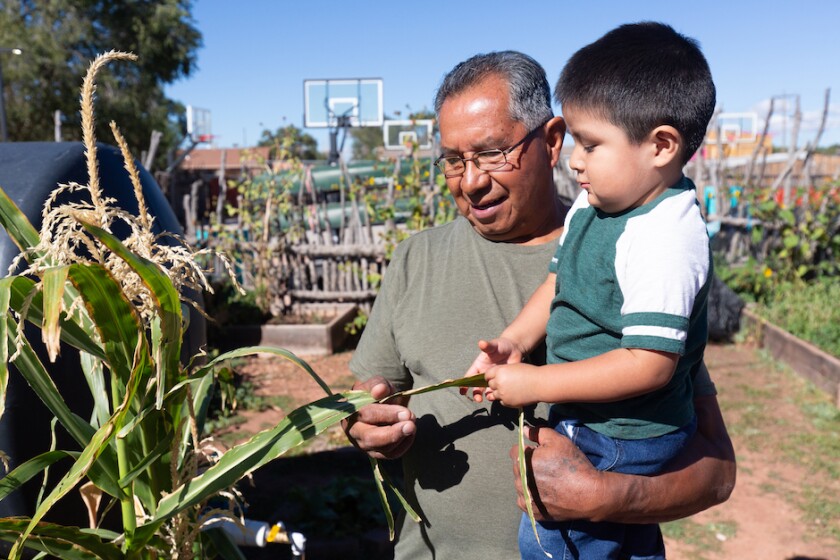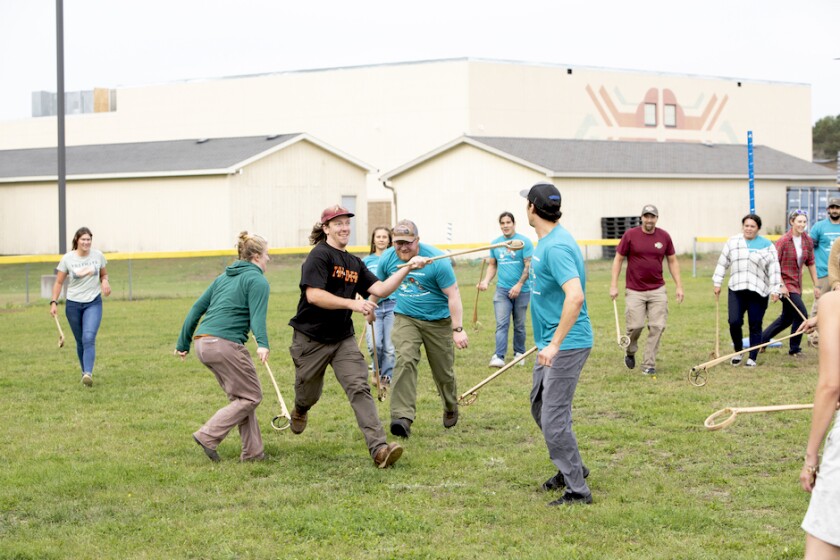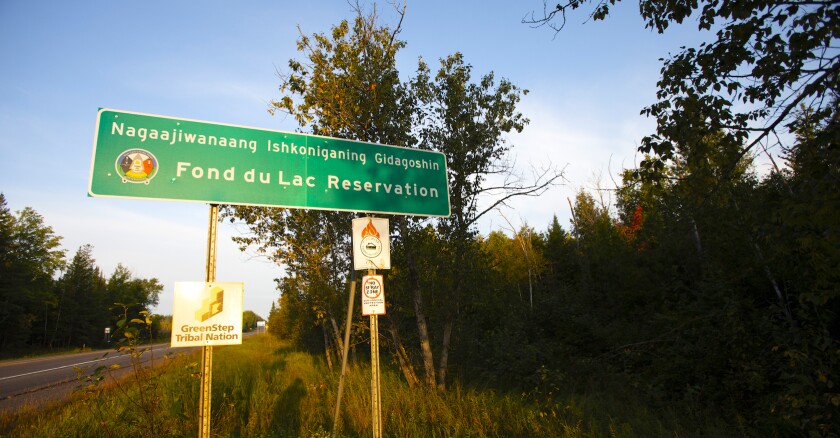In Brief:
Prevention is an essential, if underfunded, public health strategy. In recent decades, the focus of prevention has moved beyond the choices made by individuals to encompass the social and physical conditions in which they live. It’s been hard enough to convince Americans to eat a healthy diet (the Centers for Disease Control and Prevention says 9 out of 10 don’t). Can the public sector deal with an expanded challenge?
Since 2013, the Robert Wood Johnson Foundation (RWJF) has been recognizing communities that are working to make a healthy life possible for all of their residents through an annual Culture of Health Prize. More than 50 have already received the prize, including cities, counties and towns, tribes and reservations. Nine 2023 prize winners were announced last week; each will receive $250,000.
The initiative hopes to lift up communities at the forefront of improving health and well-being holistically. Those recognized with the prize working across sectors and organizations are positioned to address the root causes of health inequities, says Abbey Cofsky, managing director, Healthy Communities, at RWJF.
The work being recognized has taken on new dimensions over the years as awareness of social determinants of health has grown. Early prize winners might have been recognized for innovative approaches to unhealthy eating or active living.
“What we see now are folks that are addressing some of the more structural barriers to health,” says Cofsky. “The prize has evolved as communities go deeper on what it takes to get to better health outcomes.”
This work requires a long-term commitment to change, and to present and future generations. The two Native American communities among the 2023 prize winners found strategies and inspiration in their past with enough power to sustain such generational change.

(Karen Goodluck/Robert Wood Johnson Foundation)
Reviving Healthy Traditions
The Zuni Pueblo settlement in McKinley County, N.M., has been inhabited continuously since at least 1300. (The Zuni people and their ancestors have been in the region for millennia.) Today about 10,000 people live in a central village.
Joe Claunch, a member of the Puyallup Tribe Tacoma, Wash., began working with the Zuni Youth Enrichment Project (ZYEP) in 2016. He brought an undergraduate degree in American Indian Studies, a master’s degree in education and a Ph.D. in sport and exercise psychology to the job.
Agriculture is woven throughout Zuni culture, reflected in religion, songs, prayers and ceremonies, he says. “It’s something that has to be honored.” In response to the community’s desire for youth to participate in activities rooted in their culture, ZYEP included gardening it its first summer camp.
It also developed a community garden, with the idea that it would provide ongoing opportunities for nutrition and agriculture programs. But the community didn’t respond to this model. “We had to bus kids to get them to plant, and we ended up being stewards of the garden,” Claunch says.
In the spring of 2020, ZYEP was working on ways to build engagement in the community garden and getting ready to plant when COVID-19 hit. It responded by creating a home gardening kit, but there wasn’t enough water for everyone to plant a garden.
That led to a plan to distribute rain barrels to families. The idea of a home garden was more in keeping with Zuni traditions than the community garden had been, and the fact that COVID-19 was keeping people at home helped this new program take root.

(Karen Goodluck/Robert Wood Johnson Foundation)
Redefining Health
ZYEP's efforts to foster food sovereignty — defined by the community as “our ability to grow, share, save and be nourished by our native foods, contributing to the health of our people and the continuation of our traditions” — are now moving forward through collaborations with partners including community farmers, the Zuni Museum and the school district.
The water utility is offering a discount to families that have a rain harvest system, reinforcing a traditional value. “In Zuni, you’re not allowed to use municipal water for agriculture, and kids are not supposed to play with water,” says Claunch. “That’s because of how precious it is.”
A “Rooted in Healthy Traditions” nutrition and agriculture curriculum is offered in the schools, as is an afterschool program. Families come to the community garden space to make meals, sharing recipes and ingredients, or join by Zoom from their own kitchens.
Intergenerational contact and communication are important factors in the mental health of young people. Home gardens are facilitating these connections, and Claunch is seeing changes in youth as a result.
In the past, when asked to define “health,” students were most likely to respond with answers such as “not having diabetes.” Today, they are more likely to say “happiness” or “being with family.”
A few generations ago, Zuni was a self-sufficient agricultural society. Over time it became a food desert, the result of extended drought, the damming of a river that had been its primary water source and other outside forces. Today, Claunch says, young people are eating food that they have grown themselves for the first time.
“The community is finding ways to bring these important traditions forward for the health and benefit of the next generation, and that's huge.”

(Josh Kohanek/Robert Wood Johnson Foundation)

(Josh Kohanek/Robert Wood Johnson Foundation)
Language and Health
The Fond du Lac Band of Lake Superior Chippewa, which numbers more than 4,200, was also recognized by RWJF. Its reservation is located in Minnesota’s Carlton and St. Louis counties. The band’s work to build health equity is intertwined with a determination to reclaim its native language.
“We understand our language as a vital part of who we are, our identity and our sense of self,” says Naawakwe, project manager for the Fond du Lac Band’s Language and Culture Program. “When our language is healthy and being utilized and flourishing, that's an important aspect of the overall culture of health within our community; our language is growing back from a very rough period of time when it was made illegal.”
The band made the Ojibwe language (Ojibwemowin) its official language in 2010. (The Chippewa are also known as the Ojibwe.) The language program that Naawakwe leads is integrated with other initiatives designed to preserve and continue cultural practices. These include a food sovereignty program that includes a 36-acre farm and harvesting wild foods as well as reviving Baaga’adowewin, a traditional stick game that is a forerunner of modern lacrosse.
Having a healthy sense of self goes hand in hand with becoming healthy by eating healthy foods, says Naawakwe. “When you know yourself in a language that was given to your people, it is a very reaffirming part of one’s self-identity.”
“The efforts here are designed to fill up our community members with positive concepts of themselves, of one another. We are offering the opportunity to know who you are and what you’re able to do — when you have that we believe you have a much greater chance to provide for your community and not take from it.”










